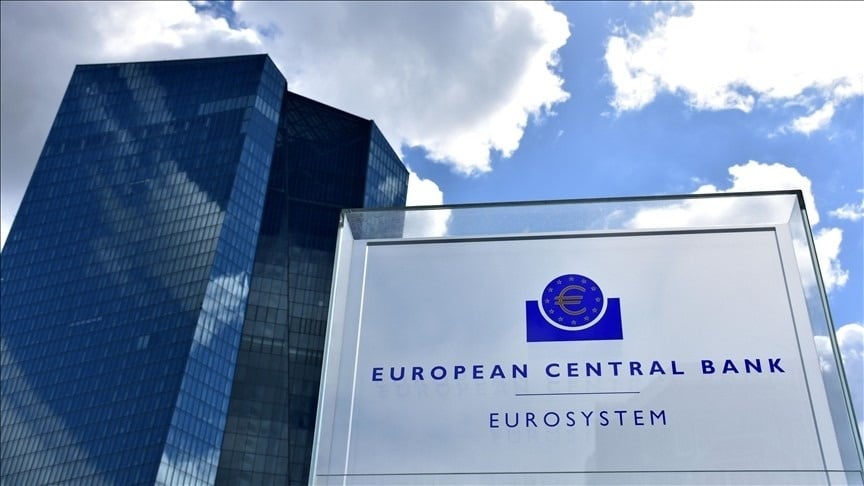 |
| ECB expected to cut interest rates further at April meeting |
Inflation falls faster than expected
Data released late last week showed that inflation in France was steady at 0.9% in March, below expectations of 1.1%. Meanwhile, in Spain, inflation fell to 2.2% in March from 2.9% in February, also well below forecasts of 2.6%.
The figures suggest that eurozone inflation, due on April 1, could also come in below expectations and closer to the ECB's 2% target sooner than some policymakers forecast.
Although there are concerns that the tariff war could push up inflation, many ECB officials believe that the main impact of the tariff war will be on growth.
“The impact will be primarily on economic activity,” said ECB Vice President Luis de Guindos. “On inflation, the trade war will have a negative impact, (but) ultimately tariffs are taxes on imports, (so) in the medium term the reduction in economic activity will offset this initial impact to some extent,” he said.
Consumers are also more comfortable with the impact of trade conflicts on prices, as the results of a separate ECB survey show that inflation perceptions are decreasing and price expectations are stable. Specifically, the ECB survey shows that the average inflation expectation over the next 12 months remains at 2.6%; while over the next 3 years, this expectation remains stable at 2.4%.
“We have good news on inflation… the disinflation process is still ongoing,” de Guindos said, adding: “We believe that in the next few quarters we will achieve our definition of price stability, which is 2%, on a sustainable basis.”
But other ECB policymakers remain cautious. While saying recent inflation data in some eurozone economies has been encouraging, Bundesbank Governor Joachim Nagel warned against being too optimistic as the ECB works to bring inflation down to its 2% target. “The final stretch is certainly a stretch where caution is important,” he said at an event in Frankfurt last weekend.
Concerns about growth
However, the ECB survey results also showed that consumers remained more pessimistic about economic growth as they forecast a 1.2% decline in the next 12 months, deeper than the 1.1% decline in the January survey.
Speaking about economic growth, ECB Governing Council member Isabel Schnabel said recently that the eurozone's economic recovery may have been held back by households' "misperceptions" of inflation and income, which have discouraged them from spending.
In fact, policymakers and economists have long been puzzled by the relatively low level of consumer spending relative to income in the eurozone, even as inflation in the 20-nation bloc has slowed and wages have caught up with past price increases.
This may be because many households have not recognized the recent increase in their real incomes, Ms. Schnabel said. “Over the past three years, real private consumption has grown more slowly than real disposable income,” Schnabel said at a financial literacy lecture in London. “This can be partly explained by households’ misperceptions of the evolution of their real incomes.”
Real incomes rose for more than half of eurozone households last year, she added, but an ECB consumer survey found that only 11% saw an increase. The survey also found that the net percentage of households reporting pessimism was higher among poorer and less financially literate households.
“This implies that lower inflation due to restrictive monetary policy often has a weaker impact on consumption due to such misperceptions, dampening the recovery,” Schnabel added.
Reinforces interest rate cut expectations
The ECB has cut interest rates six times since June last year, bringing the deposit rate to its current level of 2.5% - a fairly aggressive easing move compared to many of its counterparts in developed economies.
According to analysts, this move will continue in the coming time because inflation in the region is slowing down faster than expected, while the economy is still facing many difficulties.
Eurozone growth has been stagnant at just above zero for the past two years and there are few signs of a strong recovery, even as recession risks appear to have receded. That’s not to mention the risks from the trade war.
“The global economy is not a zero-sum game,” ECB Vice President Luis de Guindos said on February 27. “Trade is about creating value together… if we stop, it is a lose-lose game; everyone loses, starting with the United States.”
Against that backdrop, a host of ECB policymakers, including Governing Council member Piero Cipollone, Greek Central Bank Governor Yannis Stournaras and Bank of France Governor Francois Villeroy de Galhau, have argued for further rate cuts.
| “I believe there is still room for further easing. However, the pace and scope are still open,” French central bank governor Francois Villeroy de Galhau told the Frankfurter Allgemeine Zeitung on March 25. “From today, the market expects the ECB interest rate to be around 2% in the summer,” he said, adding: “This is a possible scenario, as the European summer lasts from June to September.” |
The ECB's next meeting is on April 17 and markets are currently betting on an 80% to 85% chance of a seventh rate cut at the meeting, up from 65% just a week ago.
BNP Paribas has just forecast that the ECB will cut its policy rate to 2% in June, from the current 2.5%. “Continued deflation in the short term and the mainly negative impact on growth from higher US tariffs will allow the ECB to further cut its policy rate in the near term,” BNP Paribas said.
Source: https://thoibaonganhang.vn/gia-tang-ky-vong-ecb-giam-tiep-lai-suat-trong-thang-4-162054.html


![[Photo] General Secretary To Lam receives King Philippe of Belgium](https://vstatic.vietnam.vn/vietnam/resource/IMAGE/2025/4/1/e5963137a0c9428dabb93bdb34b86d7c)
![[Photo] Close-up of Vietnam's sniffer dog team searching for earthquake victims in Myanmar](https://vstatic.vietnam.vn/vietnam/resource/IMAGE/2025/4/1/d4949a0510ba40af93a15359b5450df2)
![[Photo] Prime Minister Pham Minh Chinh meets with King Philippe of Belgium](https://vstatic.vietnam.vn/vietnam/resource/IMAGE/2025/4/1/be2f9ad3b17843b9b8f8dee6f2d227e7)

![[Photo] President Luong Cuong and King Philippe of Belgium visit Thang Long Imperial Citadel](https://vstatic.vietnam.vn/vietnam/resource/IMAGE/2025/4/1/cb080a6652f84a1291edc3d2ee50f631)


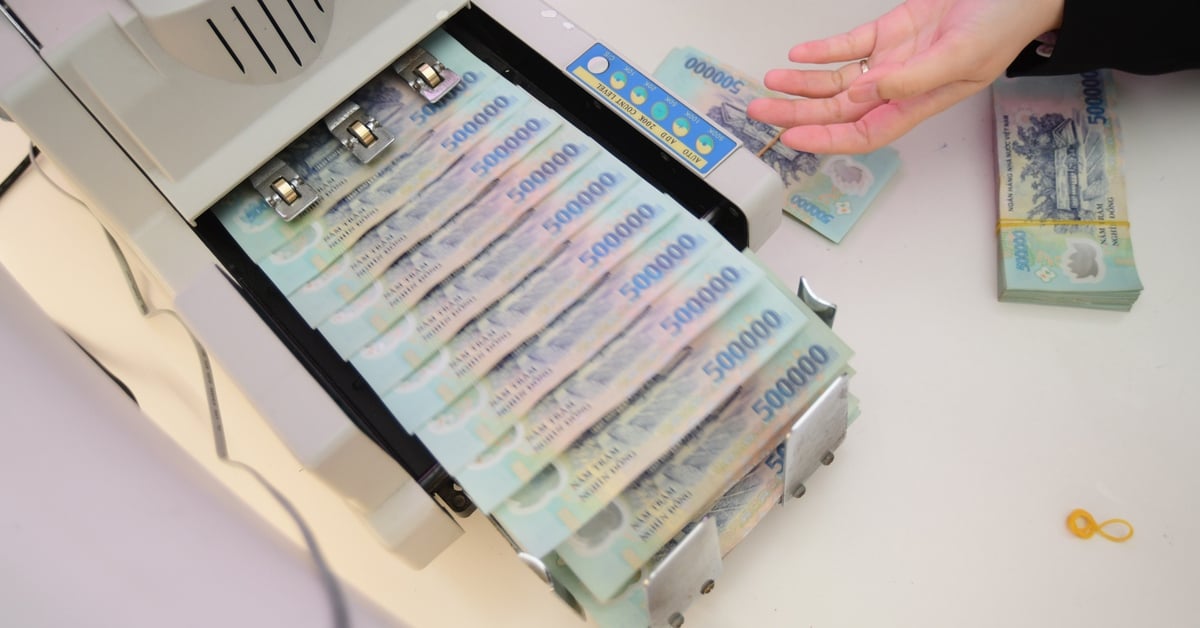
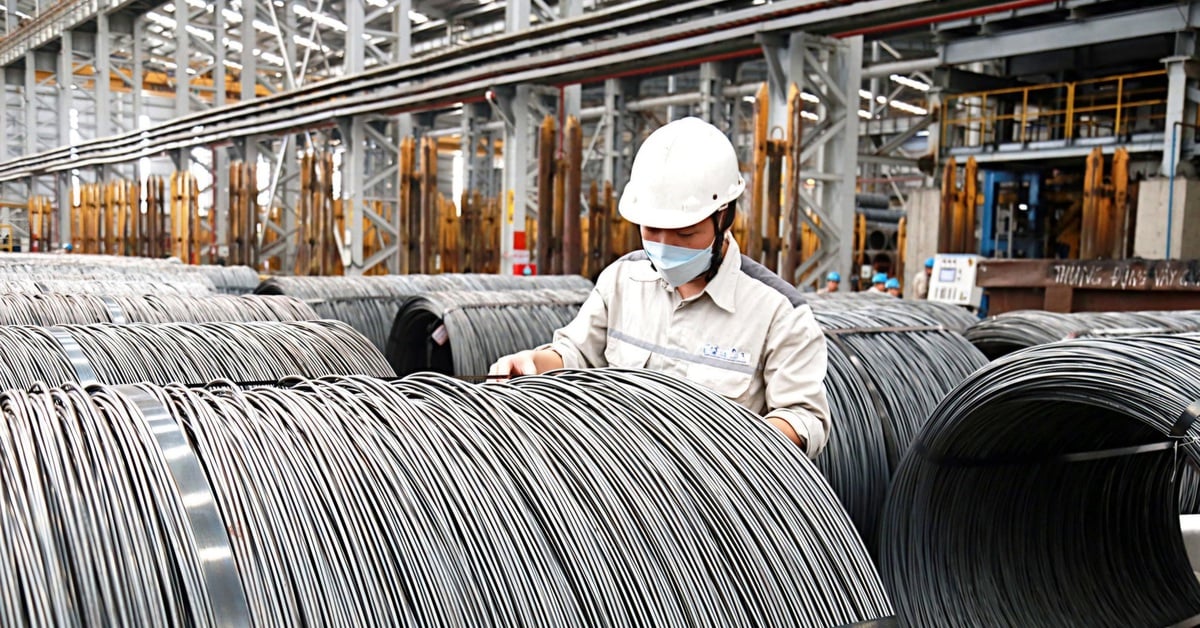


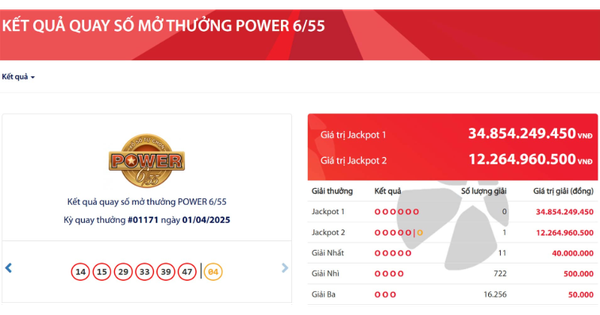




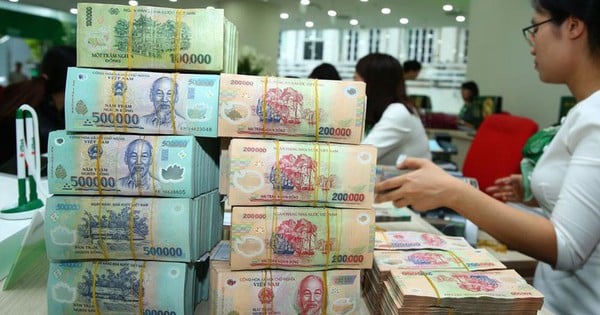
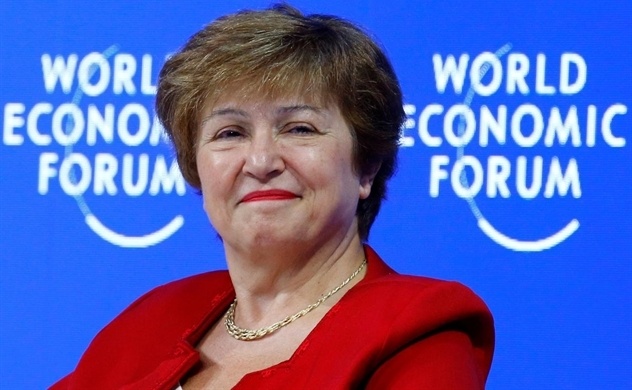


![[Infographic] 10 factors to consider when deciding to buy or rent a house](https://vstatic.vietnam.vn/vietnam/resource/IMAGE/2025/4/1/d6e87dce074b455d95231a4c3e22353a)

![[Photo] Myanmar's capital in disarray after the great earthquake](https://vstatic.vietnam.vn/vietnam/resource/IMAGE/2025/4/1/7719e43b61ba40f3ac17f5c3c1f03720)














































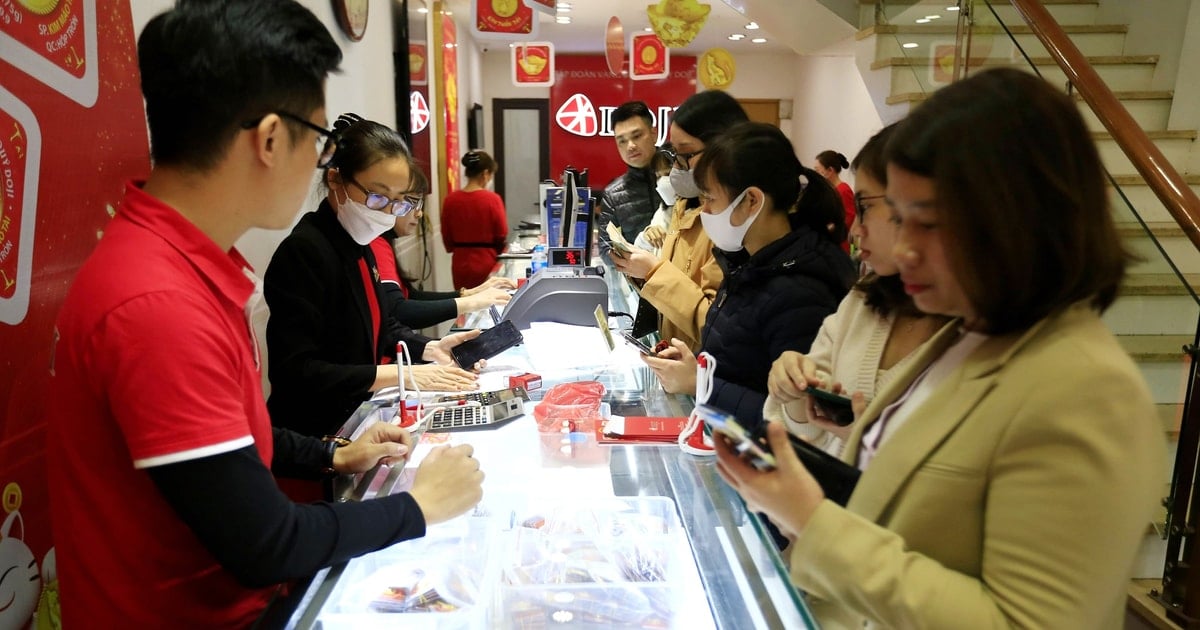
















Comment (0)